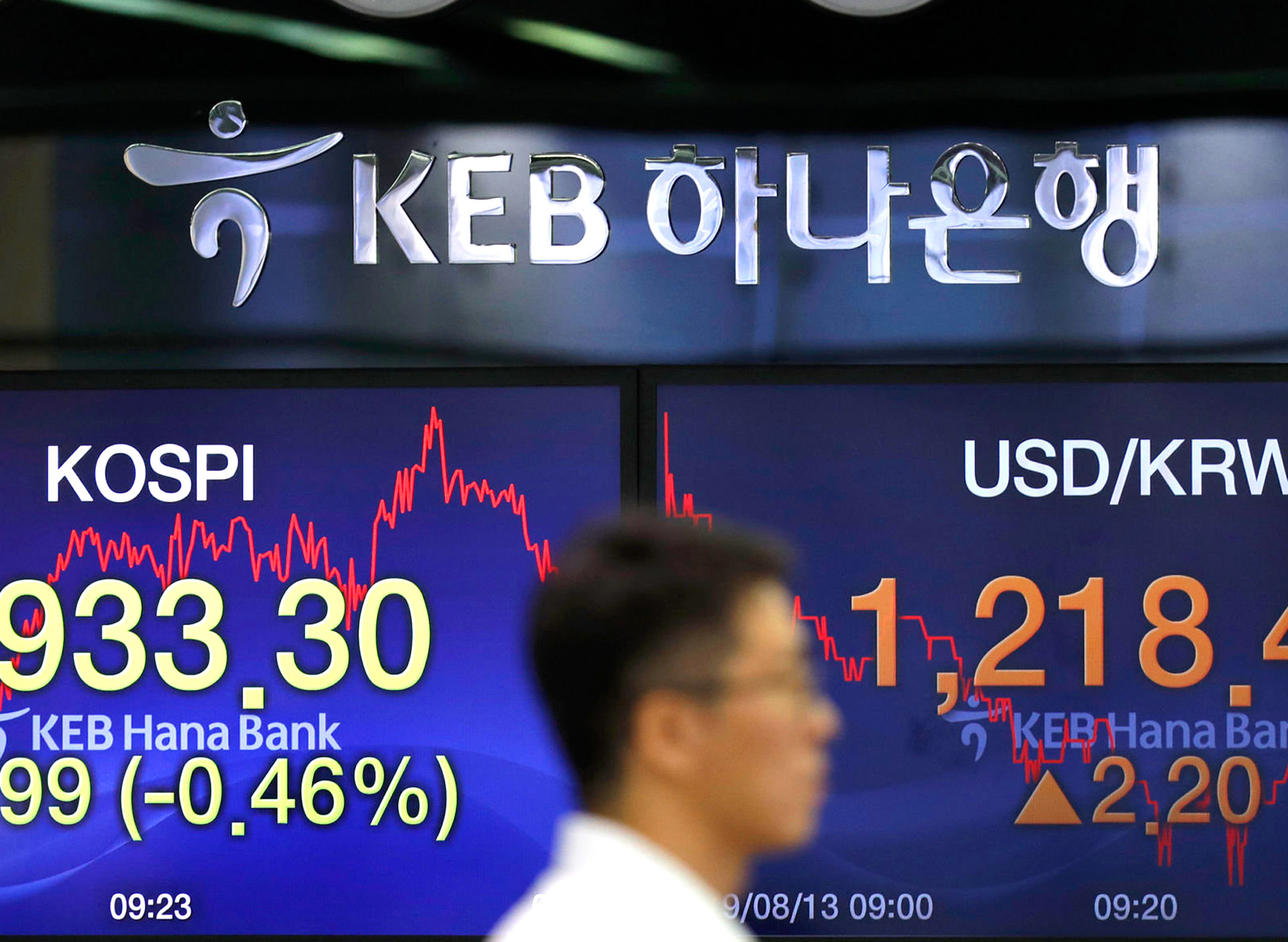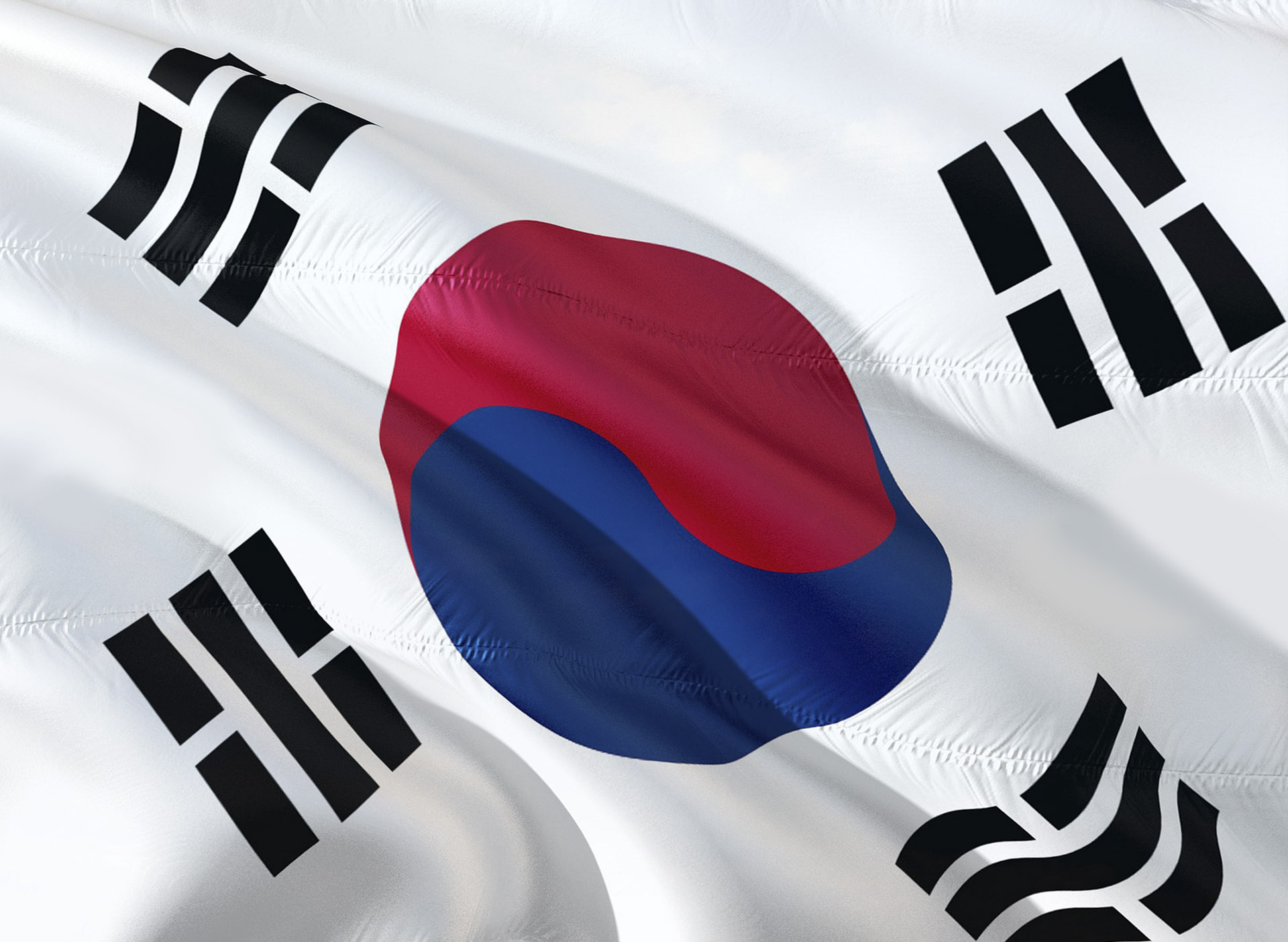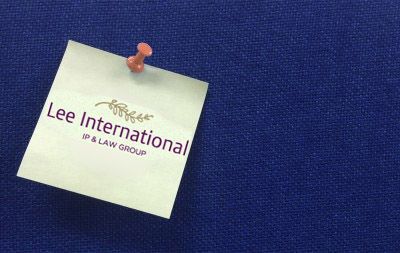 Developments in the amendment of the Arbitration Act The amended Arbitration Act was announced on May 29, 2016. It is the first time in 17 years that the Arbitration Act has been amended in its entirety. The arbitration system is used to settle disputes quickly, at a reasonable cost, in a professional and future-oriented manner. It does this utilising the services of a judge who is appointed with the consent of the parties to the arbitration. Increased use of arbitration enables courts to reduce massive workloads, freeing up judicial resources for other important cases. Additionally, as international transactions increase, so do international disputes. Arbitrations provide added value as an effective means of resolving disputes between parties located in different countries. Consequently, many countries around the world are investing in attracting international arbitrations and realigning relevant laws and regulations to facilitate this increasingly utilised dispute resolution method. Korea is no exception. Details of the amended Act Simplified recognition and enforcement of arbitral awards (Amended Act, Article 37) Before the amendment of the Act, an arbitral award needed to be subjected to an adversarial trial process before it could be reduced to a judgment, so that execution could take place on the award. In contrast, the amended Act makes it possible to enforce an arbitral award by a decision of the court alone, without the need for a full adversarial litigation process. This is the most critical of changes. In addition, the amended Act has simplified the types of documents necessary for the recognition and execution of an arbitral award. In many cases these changes will ensure more rapid recognition and execution of arbitral awards.Interim relief availability (Amended Act, Articles 18 & 18-2 through 18-8) Before the amendment of the Act, an arbitral tribunal was permitted to take only interim measures that were deemed necessary in connection with the “subject” of the dispute, and no enforcement mechanism was established. Consequently, interim relief was rarely available. Conversely, the amended Act specifically permits an arbitral tribunal to issue orders for “maintenance and restoration of the present state”, “action to prevent existing or impending risks in the arbitration process itself”, “conservation of assets being subject to enforcement” and “conservation of critical evidence relevant to dispute resolution”. It also provides that interim measures ordered by an arbitral tribunal may be enforced by the courts. This change is expected to fuel frequent use of interim measures in arbitrations. Other details Impact of the amendment of the Arbitration Act ––––––––––––––––––– |
South Korea
Related Articles by Firm
The controversy over “different franchise fees” in Korea
In Korea, many franchisors require their franchisees to purchase franchise products from the franchisors. They do this to ensure a level of uniformity in the franchise business, enabling franchise customers to receive the same types and quality of goods from ...
Notes to foreign financial investment corporations that are starting businesses in South Korea
As of September 2019, there were 47,799 foreign investors registered with the Korea Financial Supervisory Service, including 36,190 institutional investors ...
Amended Patent Act to increase value of Korean IP
The Act has recently been amended primarily to introduce punitive damages and relieve patentees of some responsibility to prove acts of infringement.
New Changes in Korean Labour Law
Many foreign employers find Korean labour law to be a challenging obstacle to running a business in Korea, due to its complexity and the intensity of the regulations ...
In Korea, a licensee is now considered an interested party who may invalidate a patent
On February 21, 2019, the Korea Supreme Court issued a decision making it clear that a licensee is an interested party who may file a petition to invalidate a patent for which he holds a licence ...
The value of a citizen’s participation trial
Since February 2008, pursuant to the Act on Citizen Participation in Criminal Trials, defendants in many types of criminal cases in Korea have had the right to a “citizen’s participation” trial, where a group of five to nine jurors acts ...
Korea promotes a new regulatory “sandbox” system to fuel innovation
Domestic Korean business organisations and foreign chambers of commerce have repeatedly complained about the highly regulated business environment in Korea ...
Patent licensees may file a petition for trial to seek invalidation of the licensed patent
The Korea Supreme Court ruled on February 21, 2019 that a licensee who is granted the right to practise a patent is an interested party who may file a petition for a trial seeking invalidation of the same patent ...
Tax liabilities in Korea for income generated from patents
Recently, the Supreme Court of Korea upheld a lower court judgment finding that under the Korea-US Income Tax Convention, where a foreign corporation has given a patent licence to a company in Korea ...
Preventing allegations of breach of trust for management decisions in Korea
“Is there any chance that I will be accused of breach of trust if I proceed with this transaction?” ...
Major amendments to the Product Liability Act
Since its introduction on July 1, 2002, the Product Liability Act has been enforced for the purpose of holding manufacturers, etc, liable for any damages caused to life, body or property resulting from defects of their products, according to the principle of ...
The Gig Economy: A challenge to conventional labour law
Both employers and workers should pay attention to the issues ...
Major amendments to the Unfair Competition Prevention and Trade Secrets Protection Act
Following its amendment on April 17, 2018, the new provisions of the Unfair Competition Prevention and Trade Secrets Protection Act took effect on July 18, 2018 ...
Amended Law on designation of Chief Information Security Officer by information and communications services providers
The amendment focuses on improving the safety of information and communications networks and protecting personal information.
“Fat finger” mistakes in the Korean stock market
Attention is being focused on typos made in transactions in the Korean stock market.
Brand protection strategies for Korea
Nicholas Park, senior foreign attorney at Lee International IP & Law Group chaired a timely discussion with some of our Seoul in-house thought leaders ...
Ordinary wages in Korea
Calculation of ordinary wages in Korea can have a profound impact on an employer’s labour costs, as ordinary wages are used to calculate other benefits and compensation, including overtime, compensation for unused annual paid leave and severance pay.
Recent amendments to employment and labour laws in Korea
Amendments to several Korean employment and labour statutes were passed on November 28, 2017 and will take effect during the first half of 2018 ...
South Korea: Amendment of the Fair Trade Act
A proposed amendment of the Enforcement Decree of the Monopoly Regulation and Fair Trade Act (Fair Trade Act) was approved by the State Council on September 26, 2017 ...
South Korea: Big data ownership and regulation
On October 16, 2017, the US Supreme Court decided to hear a case in which Microsoft refused to submit requested data to US law enforcement authorities for a criminal investigation ...
South Korea: Compelling foreign-based inventors to provide deposition testimony in the US
As part of the discovery process in US patent litigation, the party accused of patent infringement will seek the deposition testimony of the inventor ...
Are shares donated to a foundation subject to gift tax?
Hwang Pil-sang, the founder of Suwon Kyocharo, a Korean daily newspaper, decided to donate money earned through his newspaper business to help students of the university he attended ...
Constitutional Court’s decision on Specific Crimes Act changes sentencing expectations
Sparked by an increase in the number of repeat offenders committing crimes, Korea has enacted a number of laws designed to prevent crimes by imposing aggravated punishment on repeat offenders...
Revised Korean law to protect privacy in smartphone apps
On March 22, 2016, Korea took steps to strengthen the protection of personal information in smartphone applications through a partial revision of the Korean Act on Promotion of Information and Communications Network Utilisation and Information Protection, etc.
Unfair competition in Korea
The Korean government has taken steps to protect trade secrets more effectively by easing the requirements for trade information to become trade secrets and by enabling ...
Hanjin Shipping’s bankruptcy: is it sailing toward liquidation?
On August 31, 2016, Korea’s largest shipping company and the seventh-largest shipping line in the world, Hanjin Shipping, filed a rehabilitation (bankruptcy) action in Korea. That filing reverberated around the globe...
Comparing liquidated damages and punitive penalties in Korea
Parties to contracts in Korea generally use two types of damages/penalty clauses to prevent breaches of contract: liquidated damages and punitive penalties. ...
The Enforcement Decree of the Act on Fair Agency Transactions
On July 26, 2016, the Korean Fair Trade Commission (FTC) made a pre-announcement of proposed legislation known as the ...
Companies face restrictions under Graft Act
Following the Constitutional Court’s decision on the Improper Solicitation and Graft Act, known as the Kim Young-ran Act, ...
Major reform of Korean Trademark Law to follow international trends
The Act Providing Major Amendments to the Trademark Law (the Act) was passed by the National Assembly on February 4 ...
The right to be forgotten
One of the issues created by the Internet concerns the right to delete what one has posted on the web ...
Special act on revitalising companies to take effect in August 2016
On February 4, 2016, the “Special Act on Revitalising Companies” (the Act) was passed by the National Assembly of Korea as temporary legislation ...
The Korean government announces Guidelines on Fair Employee Evaluations and Rules of Employment to help enforce its labour reforms
On January 22, 2016, the Ministry of Employment and Labour (MOEL) announced Guidelines on Fair Employee Evaluations and Guidelines ...
New amendment to the Korean Commercial Code
On November 15, 2015, an amendment to the Korean Commercial Code (the KCC) was announced. The amendment, which will take effect in February 2016...
Status of Executives under the Labour Standards Act
Many multinational companies doing business in Korea perceive the country’s labour law as strict and heavily favouring workers. The Labour Standards Act of Korea (LSA) nullifies “at-will” employment ...
Why is a global understanding of intellectual property laws important?
Start-ups and small companies attempting to grow their businesses globally are increasingly receiving warning letters ...
Risk of issuing a warning letter to customers of an alleged patent infringer
Issuance of a cease and desist letter is usually recognised as the first step to be taken by a patentee against an alleged infringer in a patent infringement dispute in Korea. A warning letter to an alleged infringer ...
Tightened regulations on multinational intercompany transactions in Korea 2015
Multinational enterprises (MNEs) that operate or contemplate operating multinational businesses in Korea need to be aware of recent changes in the Adjustment of International Taxes Act of Korea ...
Review of the amendments to the Commercial Building Lease Protection Act
Under the previous version of the Commercial Building Lease Protection Act (the Act), a commercial tenant could lose the value of its ‘leasehold premium’ (kwon-ri-gum in Korean), which is the monetary ...
Amendment to the use and protection of credit information
The Use and Protection of Credit Information Act (the Act) was recently amended and is scheduled to take effect on September 12, ...
Use of in-kind contributions for new shares subscriptions in Korea
When investing in a company by subscribing to new shares, the investor can pay the subscription price in cash or in kind. Contributions …
Patent Protection vs. Fair Competition
There has been a significant increase in the number of cases related to the issue of whether the exercise of intellectual property rights violated the Fair Trade Act. These cases have …
KFTC amends the review guidelines on unfair exercise of intellectual property rights
On December 17, 2014, the Korea Fair Trade Commission (KFTC) amended the review guidelines on unfair exercise of intellectual property rights (Revised Guidelines), effective December 24, 2014. …
The latest win by Lone Star against national tax service
On June 13, 2014, the Seoul Administrative Court ruled in favour of Lone Star Funds and ordered the tax office to refund US$117 million in taxes collected on the sale of a block of shares …
South Korea – success as an FTA hub?
Koreans often think of themselves as the shrimp between whales and, as the Korean proverb has it, when whales fight it is the shrimp whose back is broken. These days, Korea is more of an orca than a shrimp, but ...
Korean court’s position on parallel importing of genuine goods
Parallel importing occurs when a third party imports genuine goods to Korea without the express permission of the sole/exclusive importer of the goods. …
Current trends with Domain Name Disputes
There have been many instances where a company, intending to expand its business into the Internet world, learns that someone already has registered and owns the company’s business name on …
Considerations in Contracting with DAPA
The Defense Acquisition Program Administration (DAPA) of South Korea is responsible for handling and overseeing projects related to military supplies and defense industry procurement. …
Foreign investment into casino-resorts in Korea
In recent years, the Korean regulatory environment has become increasingly aimed at attracting foreign investors and developers to invest into Korea and boost Korea’s tourism industry. Currently eight …
Suggestions for improving Korea’s parallel importation system
‘Parallel Importation’ refers to the importation of genuine foreign products (products covered by the trademark of a foreign company with legitimate trademark rights) by third parties, using different distribution …
The FBPA: South Korea’s Act to prevent bribery of foreign officials
Recently, several former executives of a large multinational corporation were hit with the largest civil penalty ever for individuals in a corporate foreign bribery case - each was ordered to pay US$524,000. …
Amendment to the Foreign Investment Promotion Act
The current Monopoly Regulation and Fair Trade Act (MRFTA) of Korea generally prohibits a second-tier company (i.e., a domestic company …
Project Financing Vehicles (PFVs)
The use of Special Purpose Companies (SPCs) has become prevalent in financing large projects that demand substantial amounts of money …
Understanding the ‘5 percent rule’ for Korean equity holdings
Under Article 147 of the Financial Investment Services and Capital Markets Act (FSCMA), an investor who acquires 5 percent or more …
Liability for a Culpa in Contrahendo in Korean law in light of the Hyundai Group Case
In 2010, Hyundai Group, backed by Hyundai Merchant Marine, was named the preferred bidder for the 34.88 percent stake in Hyundai Engineering & Construction (Hyundai E&C)…
Working with ‘Inter Partes Review’
On September 16th, 2012, the US Patent and Trademark Office (USPTO) initiated a new procedure called Inter Partes Review or …
Worker’s compensation rights and ‘Ordinary Wages’
Under Article 6 of the Enforcement Decree of the Labor Standard Act (the Labor Act), ‘Ordinary Wages’ is defined as …
Franchising in Korea: areas for consideration
Over the past decade the number of franchises launched by domestic and foreign companies in Korea has increased significantly …
Related Articles
Related Articles by Jurisdiction
Latest Articles








































 Nicholas H. Park
Nicholas H. Park







